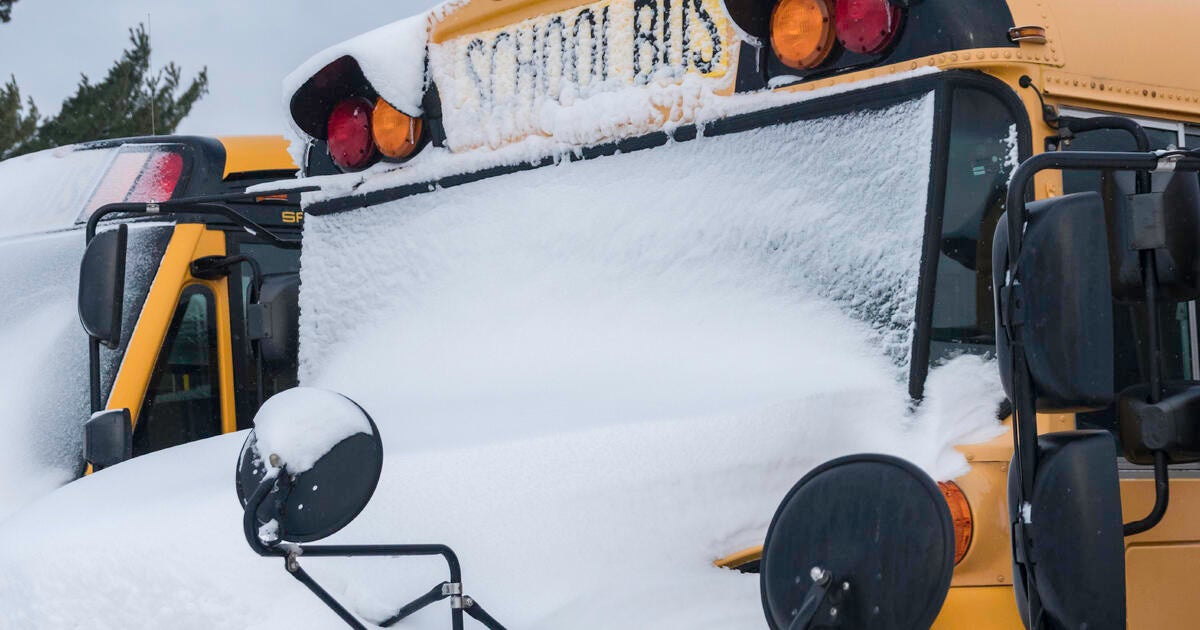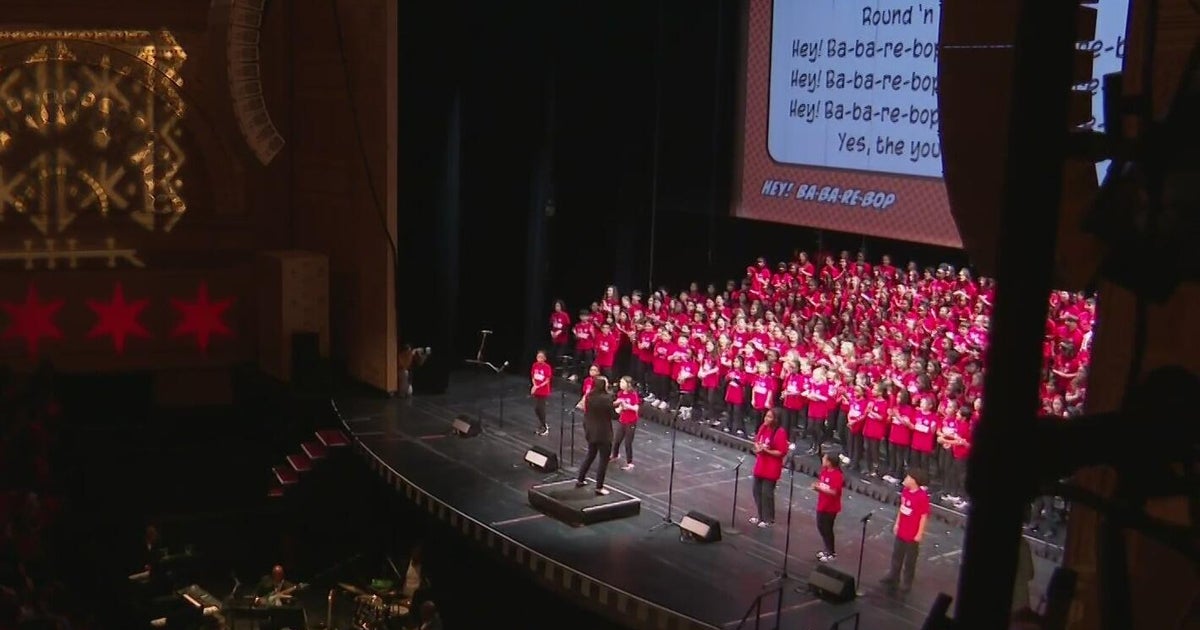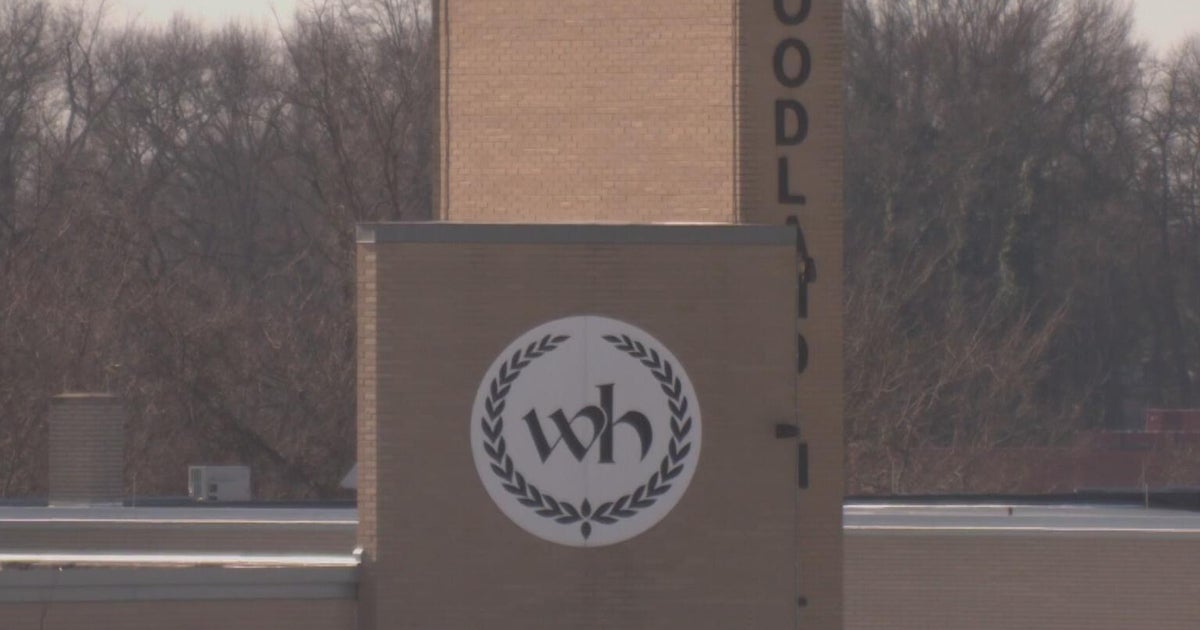Why have MCAS scores dropped in Massachusetts? The education secretary weighs in
BOSTON - Why have Massachusetts MCAS scores measuring student learning and retention continued their years-long slide to well below pre-pandemic levels? Education Secretary Patrick Tutwiler said literacy is partially to blame.
Promoting literacy education
"We know what part of the problem is, where we see the biggest challenge on the MCAS, particularly our younger students, third grade, fourth grade, fifth grade, is in the space of literacy," said state Education Secretary Patrick Tutwiler. "Right now, less than half of third graders are performing at proficient or above on the MCAS [in English Language Arts]."
The state has launched a $20 million initiative to promote literacy education, with funds available to districts who opt to reform their approached to literacy instruction. "Fundamentally, it is returning to the old ways. Phonics-based instruction has been around for more than 100 years, has been shown to be the most effective approach meeting the needs of all students," said Tutwiler in an interview on WBZ-TV's "Keller At Large."
"We've gotten away from that, and we need to get back to it."
Why Gov. Healey opposes Question 2
Meanwhile, Tutwiler and Gov. Maura Healey have spoken out emphatically against Question 2, the November ballot question that would drop passage of the MCAS as a high school graduation requirement.
"Assessment is important," says Tutwiler. MCAS "gives us a window into how are students doing relative to a set of standards in terms of their skills and knowledge base, so that we could develop a coherent strategy in the state to meet their needs and understand which groups of students need more help. We also oppose the question because it would eliminate the uniform expectation for graduation in Massachusetts, putting us in company with only a couple of states that have no uniform expectation for graduation…This ballot question eliminates the MCAS as the only uniform requirement or expectation for graduation, and doesn't replace it with anything. And so we would have, potentially, if you have all the districts and all the charter schools, about 400 different variations of high school graduation requirements."
Tutwiler, a former public school teacher and administrator, also discussed the plight of districts like Boston and Brockton that have been subject to state-level scrutiny for administrative and financial failings. You can watch the entire interview on-demand above.








